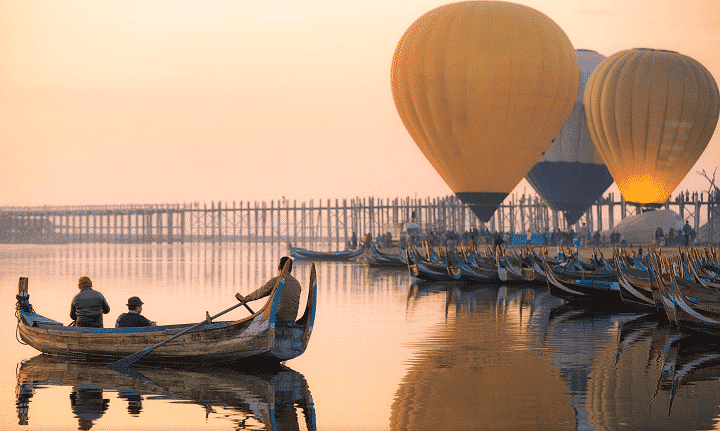CAMBODIA PEOPLE & CULTURE
INFO ON CAMBODIA TRADITION
People of Cambodia and their culture and traditions are followed by the religion of the country, Cambodia, a country where 95% of the population practices Theravada Buddhism. Most Cambodians avoid violence and confrontation at all costs. It may be interesting that raising the voice or losing control are among the habits that rarely occur among Cambodians. If you have no experience traveling through Cambodia or Southeast Asia you should consider book Cambodia tours and you will be surprised from the moment you touch down till the time you say good bye, the people are easy going, friendly and welcoming.
The concept of “face”, as in most Asian cultures, is extremely important. “Belittling” to the Cambodians is very likely to cause resentment – the use of a sense of humor to avoid confrontation is normal among the peoples of Cambodia and beyond all, Cambodia is a place where you definitely learn to take a more relaxed attitude in life – keep smiling and you will get better behave from the peoples and remember, smiling is part of the culture. The Buddhist influence also makes many Cambodians seem pessimistic about the life that has touched them.
The greeting of Cambodian people: The Sompiah or Sampeah
The Cambodian culture is normally very hospitable. Inviting guests to their homes / villages / countryside is very important. Even the poorest of people of Cambodia will do their best to share water and food with rich foreigners (the fact of being able to travel to Cambodia defines as rich in the eyes of most Cambodians). Show generosity of spirit towards the local people and you will be rewarded by the pure hospitality.
The traditional greeting is called Sompiah, a small bow with hands together in front of the chest and fingers pointing up. Most Cambodians know that Westerners do not understand the true meaning of this greeting, and it is advisable to ask a Cambodian to teach you how to do Sampeah, although if you do it incorrectly you will be easily forgiven. The greeting is not widely used in the cities, but if you visit people’s houses, especially in rural areas, trying a Sompiah will be a pleasant gesture and it will definitely surprise your host.
Clothing
Cambodians are modest, and often dress conservatively avoiding showing the body. Wearing shorts or skirts, for example, is not very common and consider a bit strange. Remember, as a traveler and when visiting a pagoda, you must to wear discreet clothes – wearing the bare shoulders and knees is a sign of disrespect (it would be like wearing a bikini in a church). In some places you may even be barred from entering, or be forced to lend a more discreet clothing – the Royal Palace in Phnom Penh rents discreet “one size fits all” clothing with inadequate $ 2 clothing.
Weddings in Cambodian culture
Cambodian people love to attend the wedding ceremonies. If you make friends in Cambodia, you may be invited to a wedding ceremony. Weddings are noisy and colorful ceremonies that last 2 or 3 days (although some more modern Cambodians have reduced them to 1 day or a day and a half). Brides change dresses several times, usually to a very spectacular traditional Cambodian costumes. In the most weddings, you may see 1,000 guests which are mainly family and friends of the bride and groom. The guests will attend more short or long periods of time and give away money. A well-organized wedding can help establish the future of a newly married couple.
Entertainment and nightlife
While many visitors to Cambodia go to see the traditional Apsara dance, younger Cambodians have fun in karaoke and new clubs and discos or hang out with friends while they listen to music, drink beer and play football or volleyball which are the most popular sports among the Cambodia people. The nightlife in Siem Reap has become in recent years a mecca for hundreds of young Cambodians, who stay with their friends, listen to music or play different games.
Population and People
Cambodia is a tiny land with the population of around 12 million, of which the Khmer stands up 90%. Other groups and ethnic include Vietnamese, Chinese, Burmese and Thai and various ethnic hill tribes to which living in the mountainous regions of mainly north and southwest of the country. The Khmer are mainly work on farms and in big cities such as Phnom Penh and Siem Reap they are working in the markets, while the Vietnamese and Chinese dominate the business sector.
Copyright 2013-2017 Vietnamese Private Tours Ltd With Vietnam Luxury Travel







